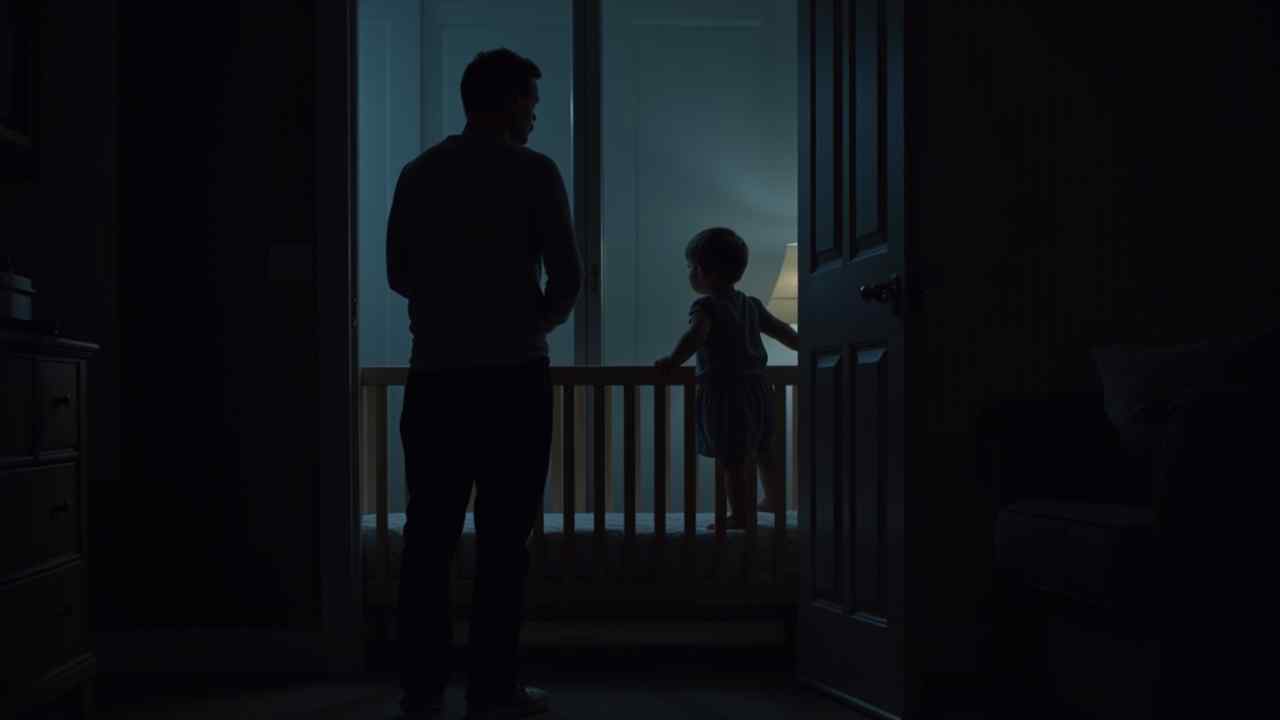
🤯 A Parent's Guide to the 18-Month Sleep Regression
🤯 The 18-Month Sleep Regression: A Survival Guide for Tired Parents 🤯
You have made it through the baby phase, and your little one is now a toddler. Their sleep might have been getting more predictable. Then, around 18 months, chaos can return. Bedtime becomes a battle. Naps are refused. Night wakings are back with a vengeance. Welcome to the 18-month sleep regression.
If you are feeling exhausted and frustrated, you are not alone. This is often considered one of the most challenging sleep regressions. It is caused by a perfect storm of developmental leaps. But the good news is, it is a normal and temporary phase.
This guide will explain why this is happening. We will also provide you with clear, practical strategies. Let's help your family get back to a more peaceful night's sleep. ❤️
🤔 What Are the Main Causes of the 18-Month Sleep Regression?
The 18-month sleep regression is all about your toddler's incredible development. Their growing brain and body are the cause of the sleep disruption. Understanding these changes can help you respond with patience and consistency.
Is it about independence and testing boundaries?
Yes. This is the biggest factor at this age. Your toddler is realizing that they are a separate person with their own will. Saying "no" is a new and powerful skill. They will often test this new independence by refusing to go to sleep. Bedtime can become a battle of wills.
What about separation anxiety?
Separation anxiety is still very strong at 18 months. Your toddler understands you are still there even when you leave the room. This can cause them to become very upset at bedtime. They may cry for you to come back, not because they need something, but because they simply want you.
Are they teething?
Yes, this is another major culprit. The canine teeth and first molars often make their appearance around this time. This can be very painful and can easily disrupt sleep. This can make your toddler extra fussy and clingy.
✅ How Can You and Your Toddler Get Through This Phase?
The key to surviving the 18-month sleep regression is to be consistent. This is not the time to introduce new sleep habits that you do not want to continue. Firm, loving boundaries are your best friend during this phase.
1. Hold Firm to the Bedtime Routine: A calm and predictable bedtime routine is crucial. It provides a sense of security during a time of big changes. Keep the routine short (20-30 minutes) and do the same steps in the same order every night.
2. Be Calm and Confident: Your toddler can sense your frustration. When it is bedtime, be loving but firm. Your confidence is reassuring to them. Put them in their crib, say a clear and loving goodnight, and then leave the room.
3. Stick to Your Sleep Training Method: Now is the time to be consistent. If you have a method for handling night wakings, stick with it. It is best to keep interactions brief and boring. This reinforces the message that nighttime is for sleeping.
4. Offer Lots of Daytime Connection: To help with separation anxiety, fill your toddler's emotional cup during the day. Offer lots of cuddles, one-on-one playtime, and positive attention. This can help them feel more secure at night.
⏳ How Long Does the 18-Month Sleep Regression Last?
This can be a tough phase, but it will end. For most toddlers, the 18-month sleep regression lasts for about two to six weeks. The duration often depends on how consistently parents respond to the new behaviors.
This is a normal test of boundaries. It is a sign of your child's healthy, growing independence. Stay the course with your routines. This challenging phase will pass, and peaceful sleep will return. You've got this! 💪